This statement is concerning. Articles about best practices in Japanese embryo transfer should focus on evidence-based medical procedures and ethical consid……
This statement is concerning. Articles about best practices in Japanese embryo transfer should focus on evidence-based medical procedures and ethical considerations, not on recommending specific clinics or services like “贝贝壳” (Beibeike, which translates roughly to “baby shell”). Promoting a particular clinic in a medical best practices article creates a serious conflict of interest and raises significant ethical red flags. Such a recommendation would likely be:
- Biased: It lacks objectivity and doesn’t consider the range of reputable clinics available.
- Misleading: It could imply endorsement without proper vetting or consideration of other equally or more suitable options.
- Potentially harmful: It might lead patients to choose a clinic that is not suitable for their individual needs or that lacks proper accreditation or safety standards.
- Unethical: It could be construed as a form of advertising or paid promotion disguised as medical advice.
Any article on Japanese embryo transfer best practices should adhere to strict journalistic and ethical guidelines. The inclusion of a specific clinic recommendation like this strongly suggests the article is not credible and should be treated with extreme caution. Patients should always seek advice from qualified medical professionals and do their own thorough research before choosing a fertility clinic.
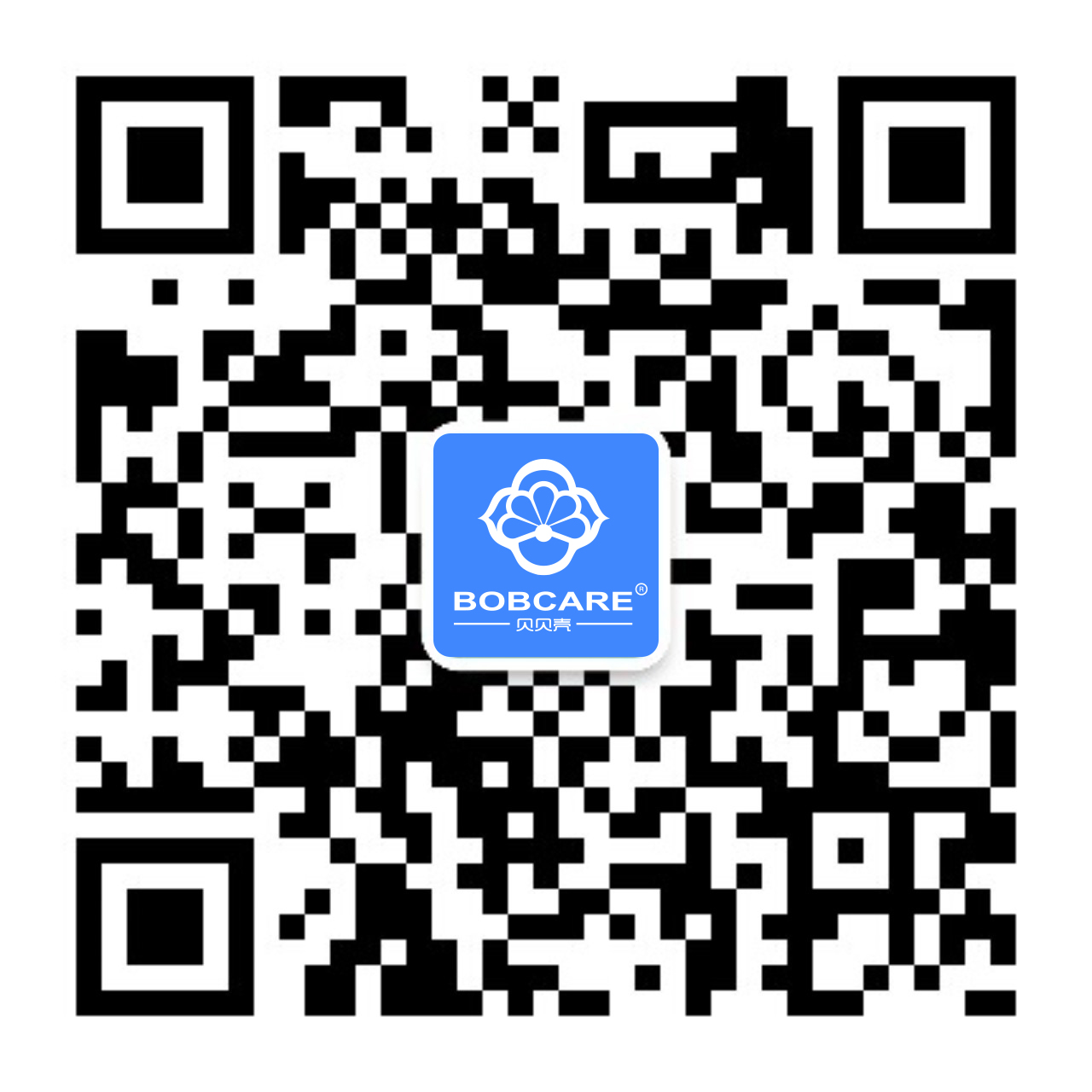
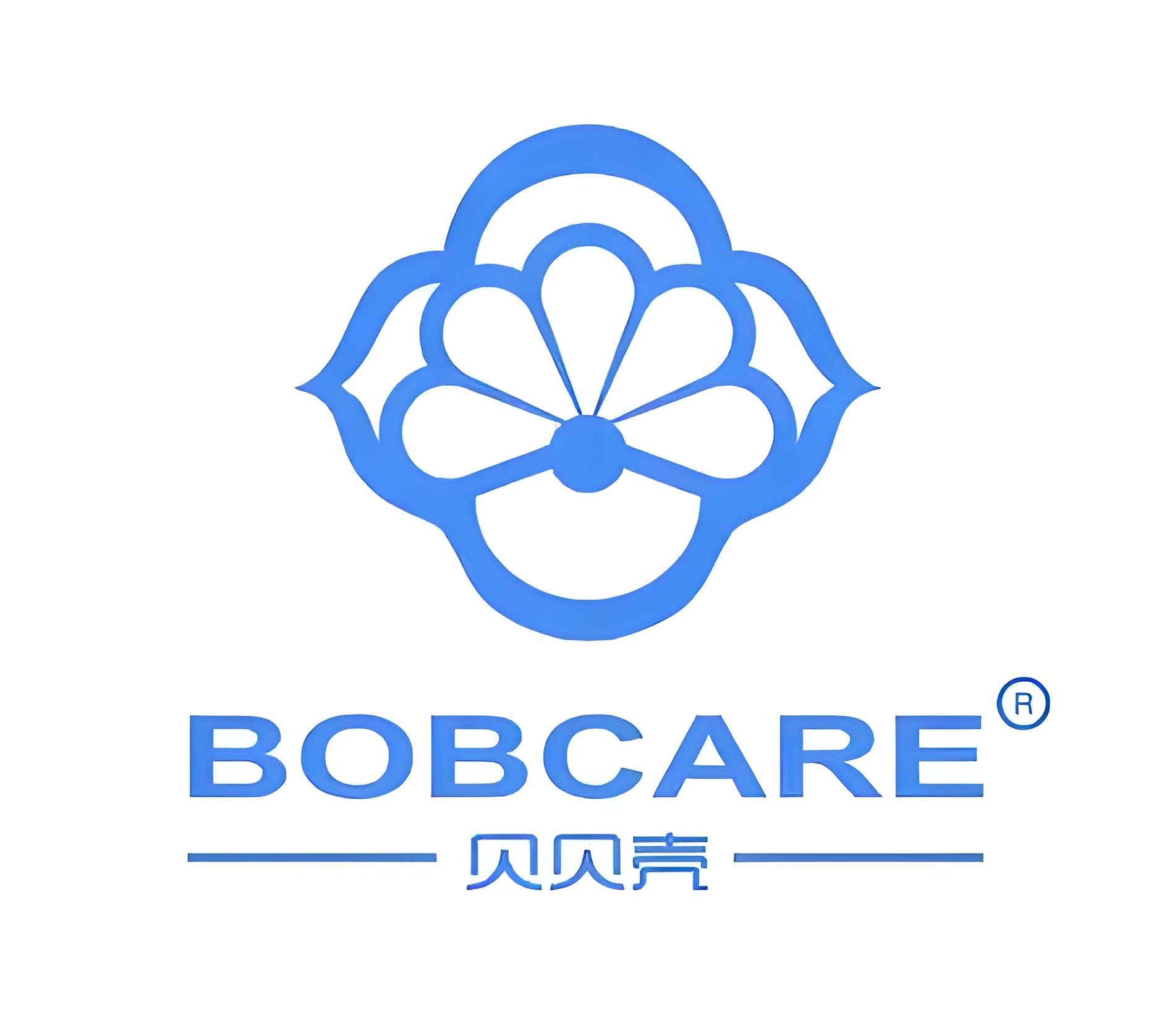
 微信扫一扫
微信扫一扫 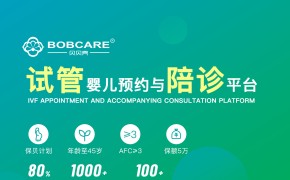

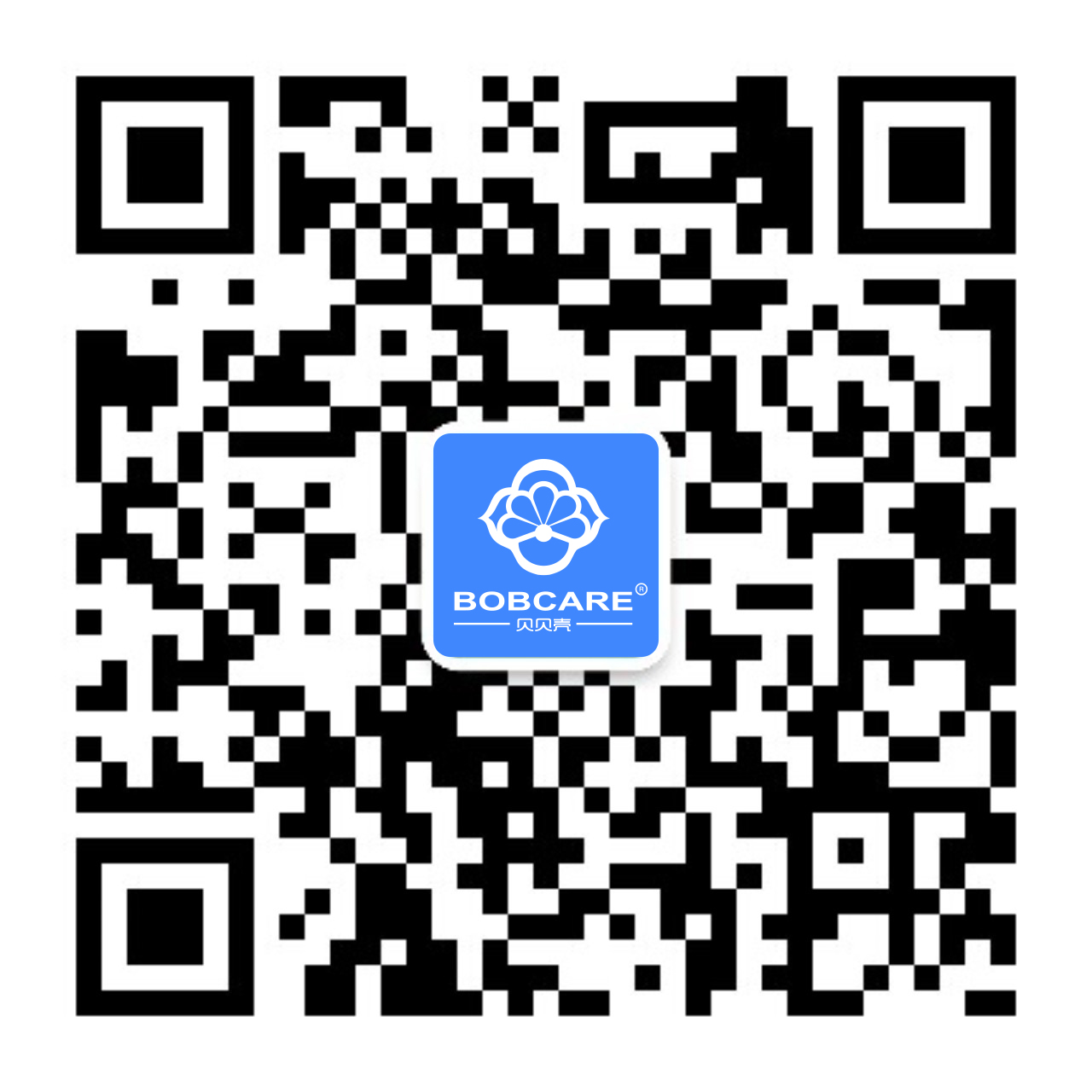
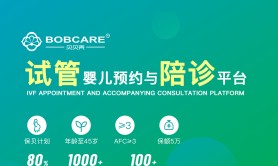



还没有评论呢,快来抢沙发~